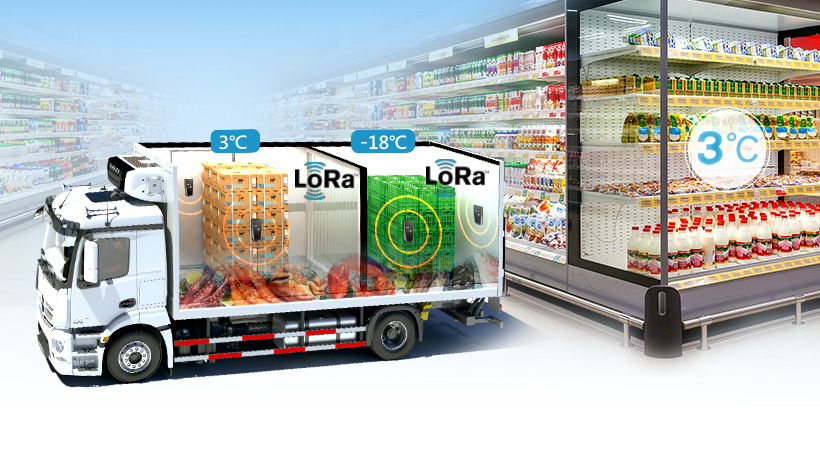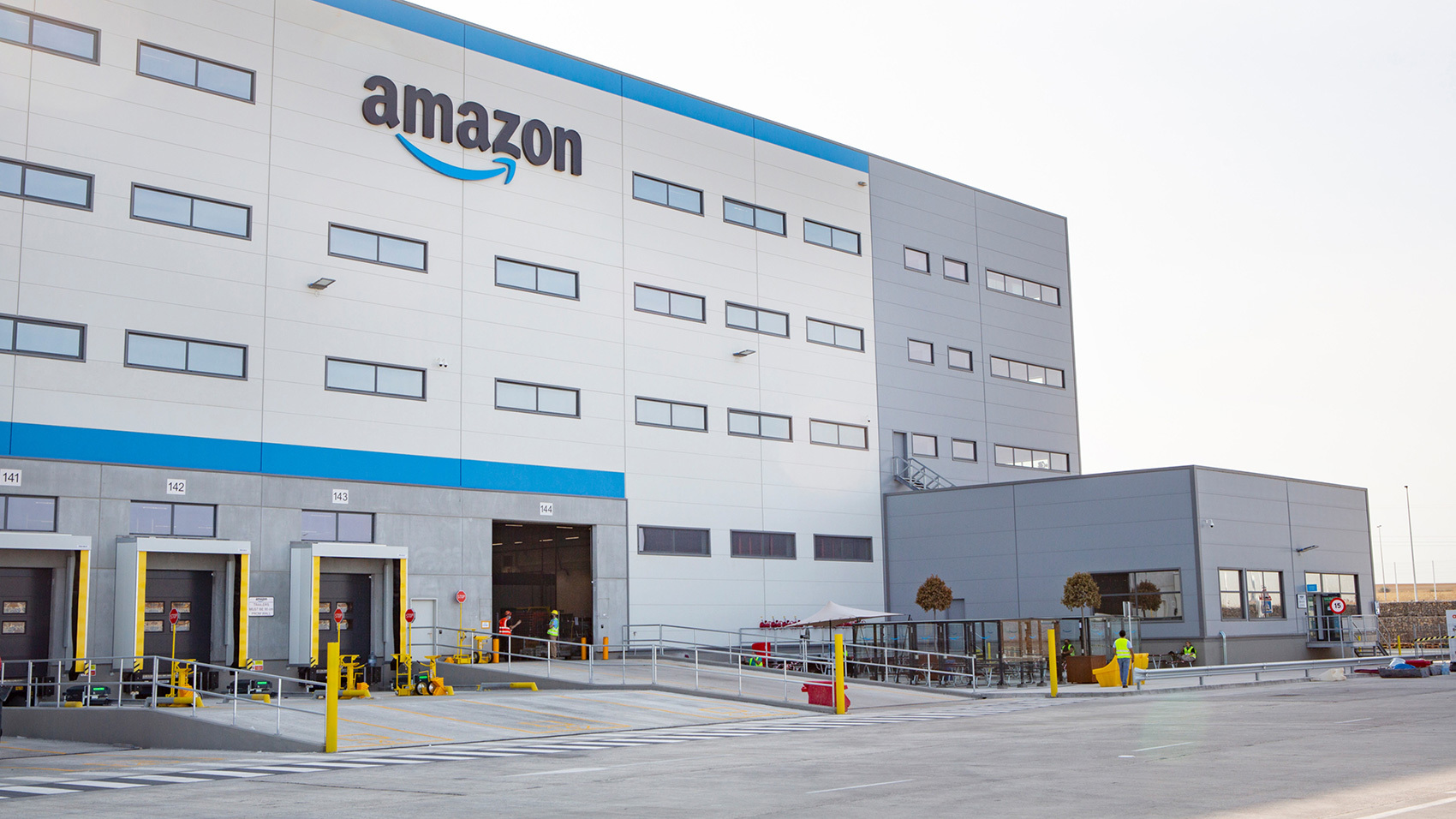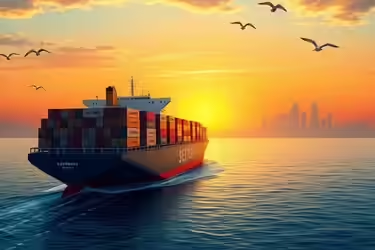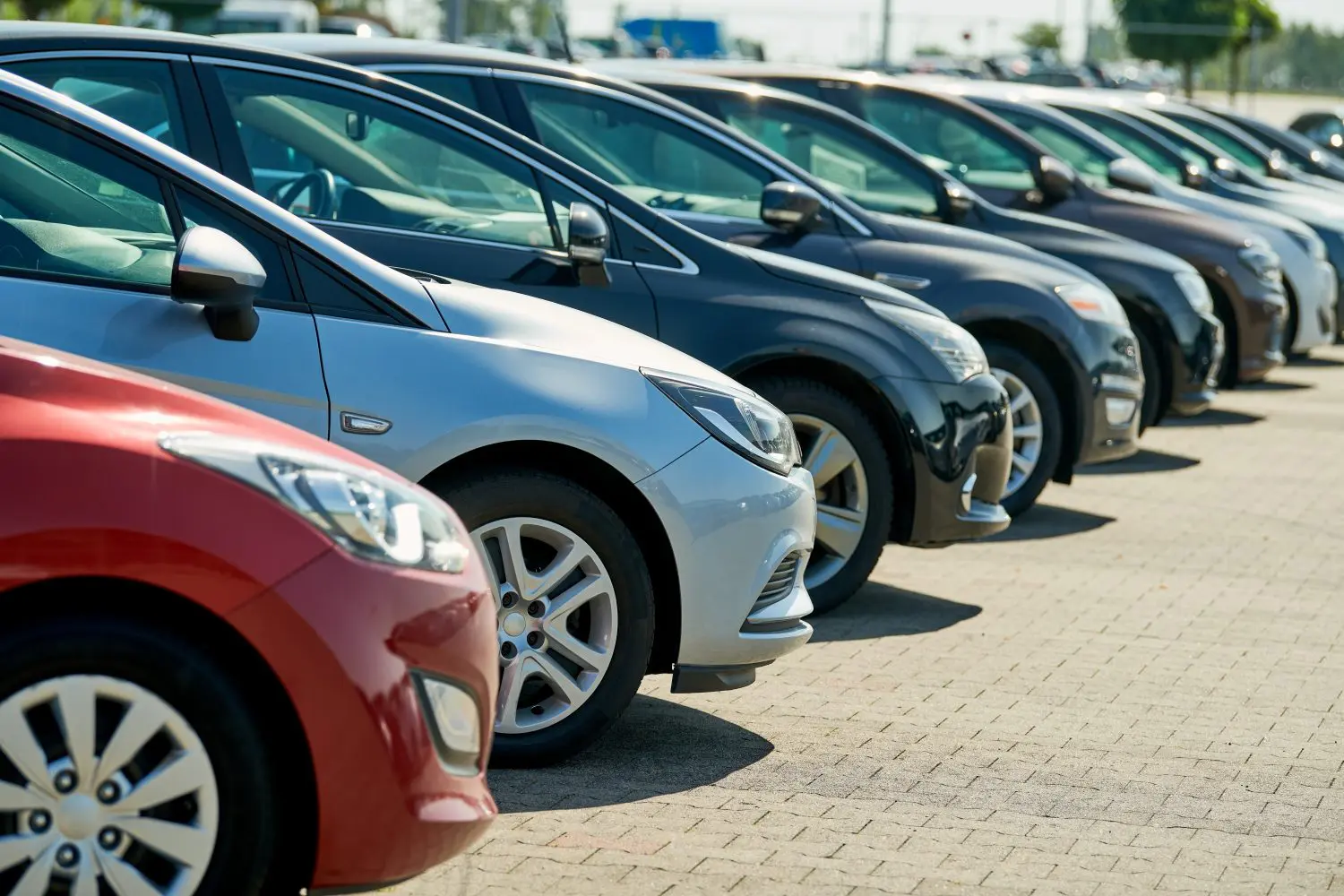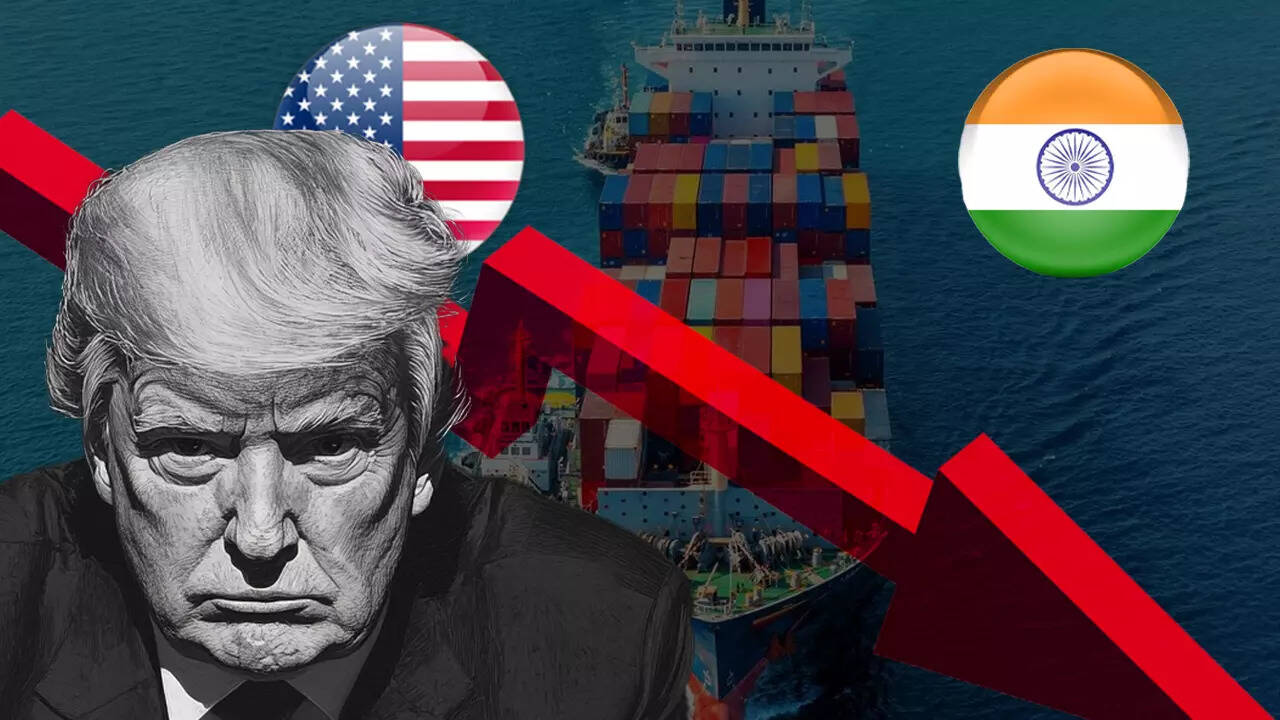explores
key challenges, best practices, emerging trends, and real-world case studies in India's cold chain sector.
The Importance of Cold Chain Logistics
Cold chain logistics ensures that products such as vaccines, dairy, frozen foods, seafood, and specialty chemicals remain within a required temperature range throughout storage and transportation.
If not properly managed, temperature fluctuations can lead to:
❌ Spoilage & Quality Loss – Foodborne illnesses, ineffective medicines, and product recalls.
❌ Financial Losses – Wasted inventory, operational inefficiencies, and regulatory penalties.
❌ Health Risks – Ineffective vaccines, unsafe food, and compromised chemical stability.
For India, where 40% of food is wasted due to poor storage and transit conditions, improving cold chain infrastructure is a national priority.
Key Challenges in Cold Chain Logistics in India
1. Infrastructure Gaps
- India lacks a robust network of refrigerated warehouses, especially in rural areas.
- Only 60% of cold storage capacity is used for potatoes, leaving other perishables with limited facilities.
2. Temperature Deviations & Monitoring Issues
- Many shipments experience temperature fluctuations due to poor tracking and outdated equipment.
- Power outages in remote areas further compromise storage conditions.
3. High Costs of Cold Storage & Transportation
- Refrigerated trucks cost 30-40% more than regular transportation, increasing logistics expenses.
- Limited availability of reefer vehicles causes high operational costs for businesses.
4. Regulatory & Compliance Barriers
- Industries must comply with stringent standards like FSSAI, CDSCO (for pharma), and GDP (Good Distribution Practices).
- Untrained workforce and lack of awareness of regulatory compliance lead to violations.
5. Last-Mile Delivery Issues
- India's diverse geography, traffic congestion, and lack of cold storage hubs near demand centers make last-mile cold chain deliveries challenging.
- Small retailers often lack cold storage, impacting B2B cold chain efficiency.
Best Practices to Ensure Quality & Compliance
1. Investing in Temperature Monitoring & IoT
✅ Use real-time IoT sensors to monitor temperature deviations.
✅ GPS-enabled reefer trucks provide live updates to track shipments.
✅ AI-powered analytics can predict disruptions and reroute shipments accordingly.
📌 Case Study: Dr. Reddy’s Laboratories adopted IoT-based cold storage monitoring for vaccine distribution, reducing temperature excursions by 40%.
2. Expanding Cold Storage Infrastructure
✅ Public-private partnerships (PPPs) to expand refrigerated warehouses in rural India.
✅ Solar-powered cold storage to ensure uninterrupted refrigeration in power-deficient areas.
✅ Adoption of modular cold storage units for small-scale businesses.
📌 Case Study: BigBasket deployed solar-powered cold storage units to maintain the freshness of perishable groceries, reducing wastage by 25%.
3. Strengthening Regulatory Compliance & Training
✅ Businesses should adhere to Good Distribution Practices (GDP), FSSAI & CDSCO guidelines.
✅ Regular staff training on cold chain management ensures compliance and efficiency.
✅ Implementation of blockchain technology for transparency in tracking compliance.
📌 Case Study: Zydus Lifesciences adopted blockchain-based tracking for its vaccine supply chain, ensuring 100% compliance with GDP standards.
4. Enhancing Last-Mile Cold Chain Distribution
✅ Use electric refrigerated vehicles (EV reefer trucks) to ensure sustainable last-mile delivery.
✅ Develop micro cold storage hubs in cities for quick access to perishable goods.
✅ Strengthen tie-ups with hyperlocal delivery networks for fresh food distribution.
📌 Case Study: Swiggy Instamart uses micro cold storage warehouses across metros, cutting delivery times for frozen food by 35%.
Emerging Trends in Cold Chain Logistics
🚀 1. AI & Predictive Analytics for Route Optimization
- AI-powered logistics software predicts traffic, weather, and delivery delays to optimize refrigerated transport routes.
🚀 2. Blockchain for Transparency & Compliance
- Blockchain ensures end-to-end visibility in the supply chain, reducing fraud and enhancing regulatory compliance.
🚀 3. Expansion of E-Commerce Cold Chain
- Online grocery, meat, and dairy delivery is booming in India. Companies like Zepto, Blinkit, and Licious are investing in cold storage networks.
🚀 4. Green Cold Chain Solutions
- Adoption of solar-powered refrigeration and eco-friendly refrigerants for sustainable operations.
🚀 5. Government Initiatives to Boost Cold Chain
- The National Cold Chain Development Program (NCCD) is pushing for modern cold storage facilities across India.
- PLI Scheme for Pharma incentivizes investment in cold chain infrastructure for vaccine production.
Conclusion
India’s cold chain logistics sector is at a critical juncture. With rising demand for temperature-controlled shipments across food, pharma, and e-commerce, businesses must invest in technology, infrastructure, and compliance to stay ahead.
✅ Tech-driven solutions like IoT, AI, and blockchain are transforming cold chain monitoring and efficiency.
✅ Expanding refrigerated storage and last-mile delivery networks will bridge gaps in supply chain infrastructure.
✅ Compliance with FSSAI, CDSCO, and GDP standards is key to ensuring product integrity.
By addressing these challenges and leveraging emerging trends, companies can enhance cold chain efficiency, reduce waste, and ensure high-quality, safe deliveries across India.
.png)
.png)
